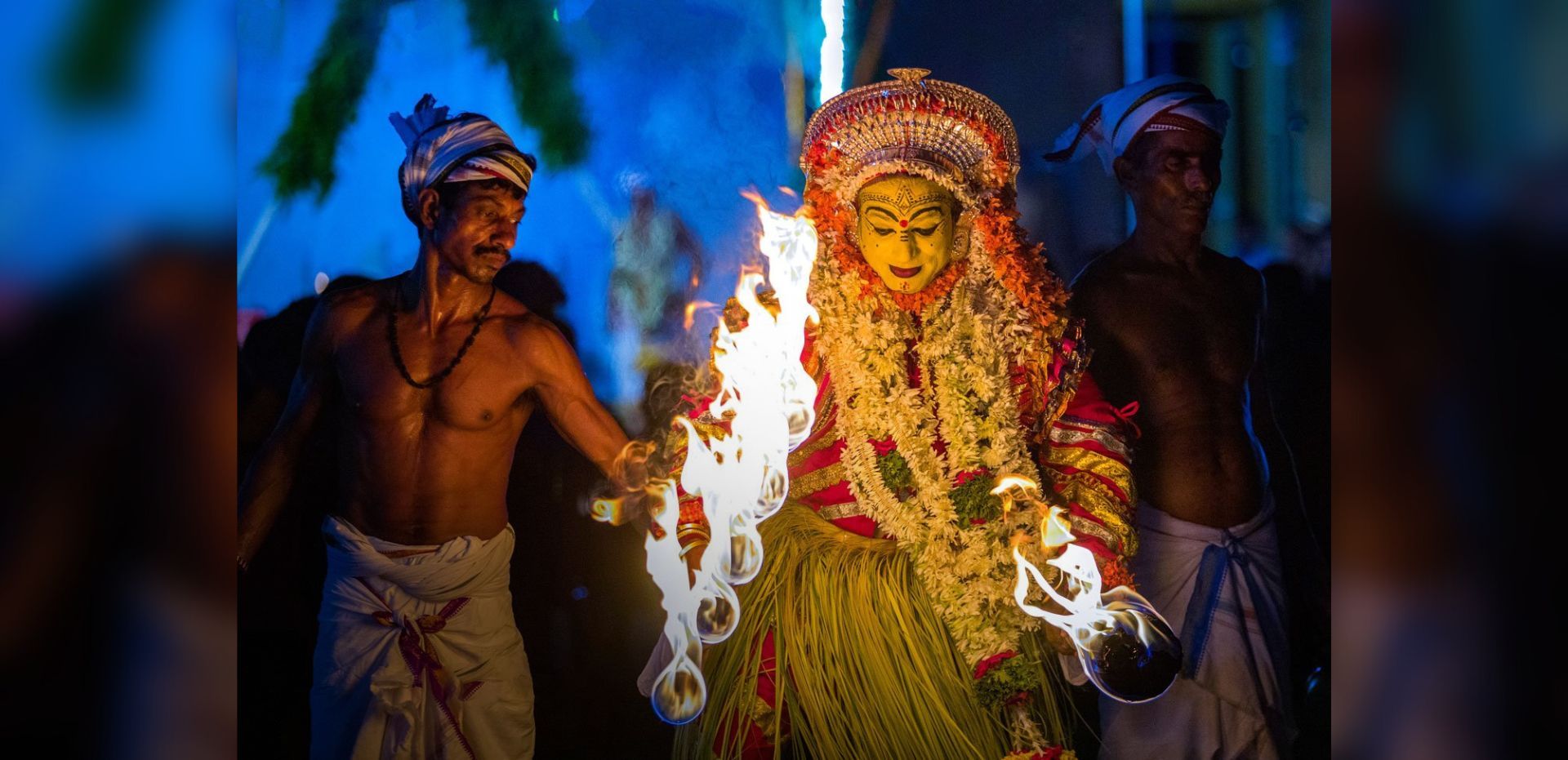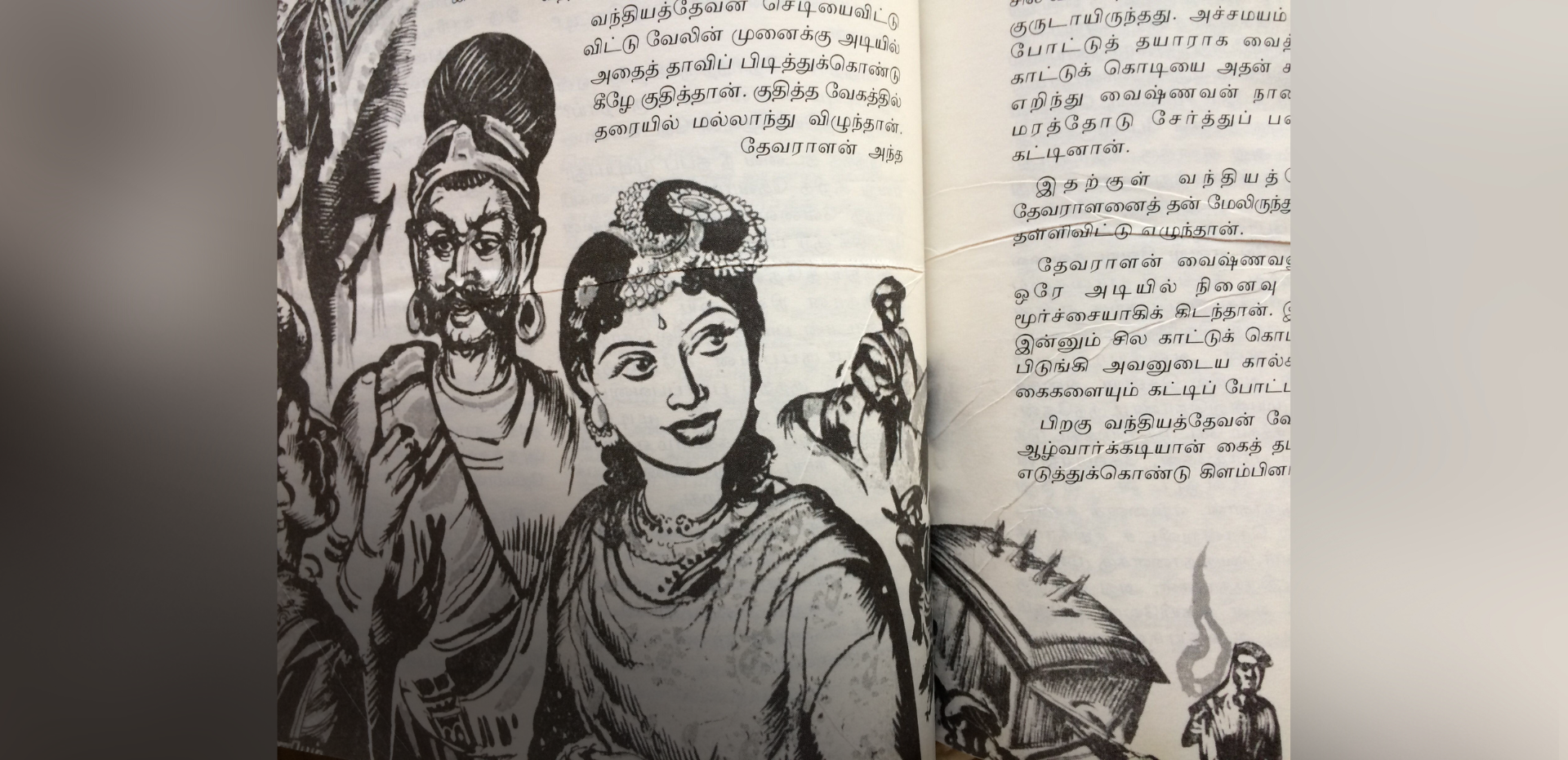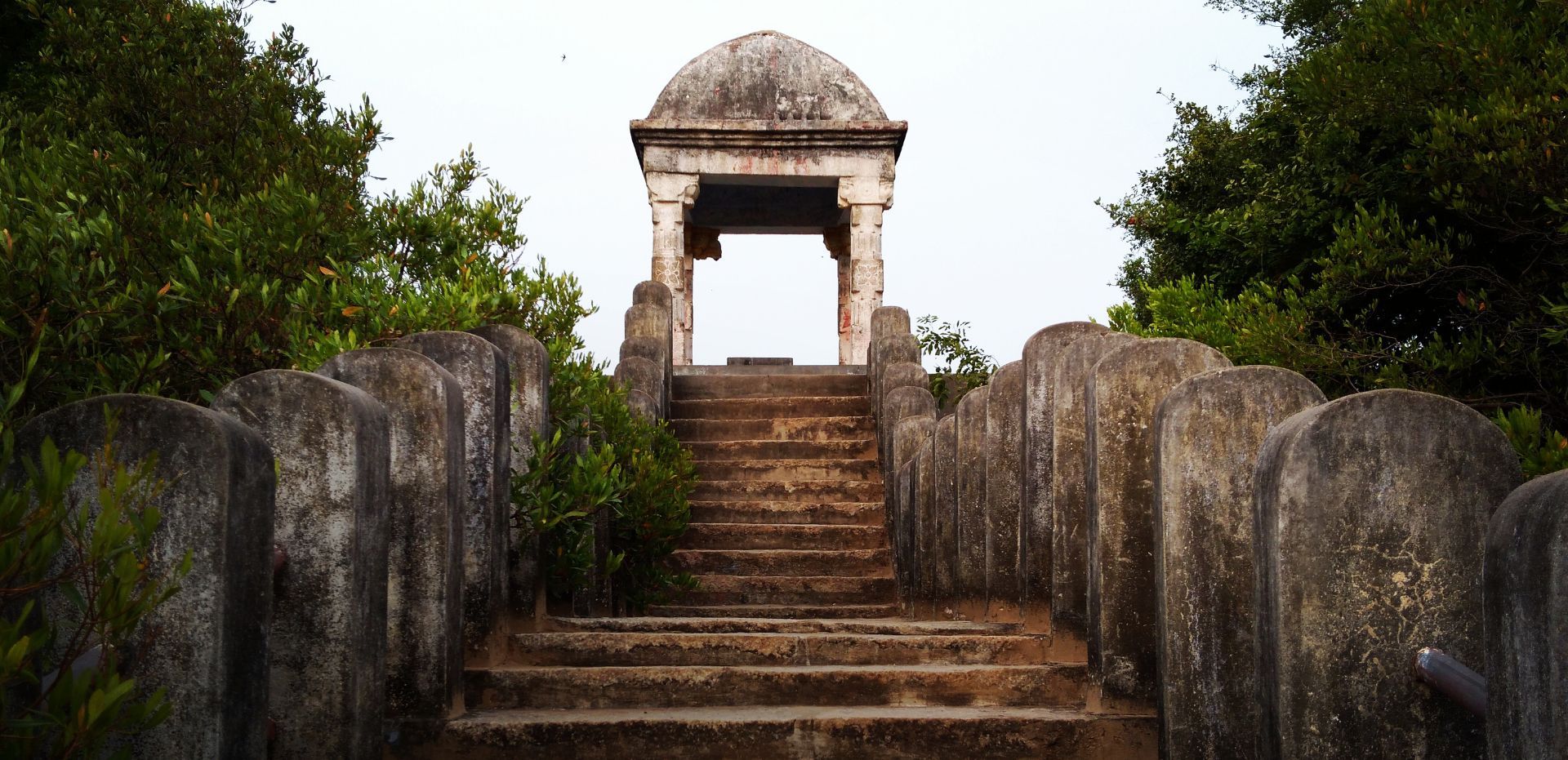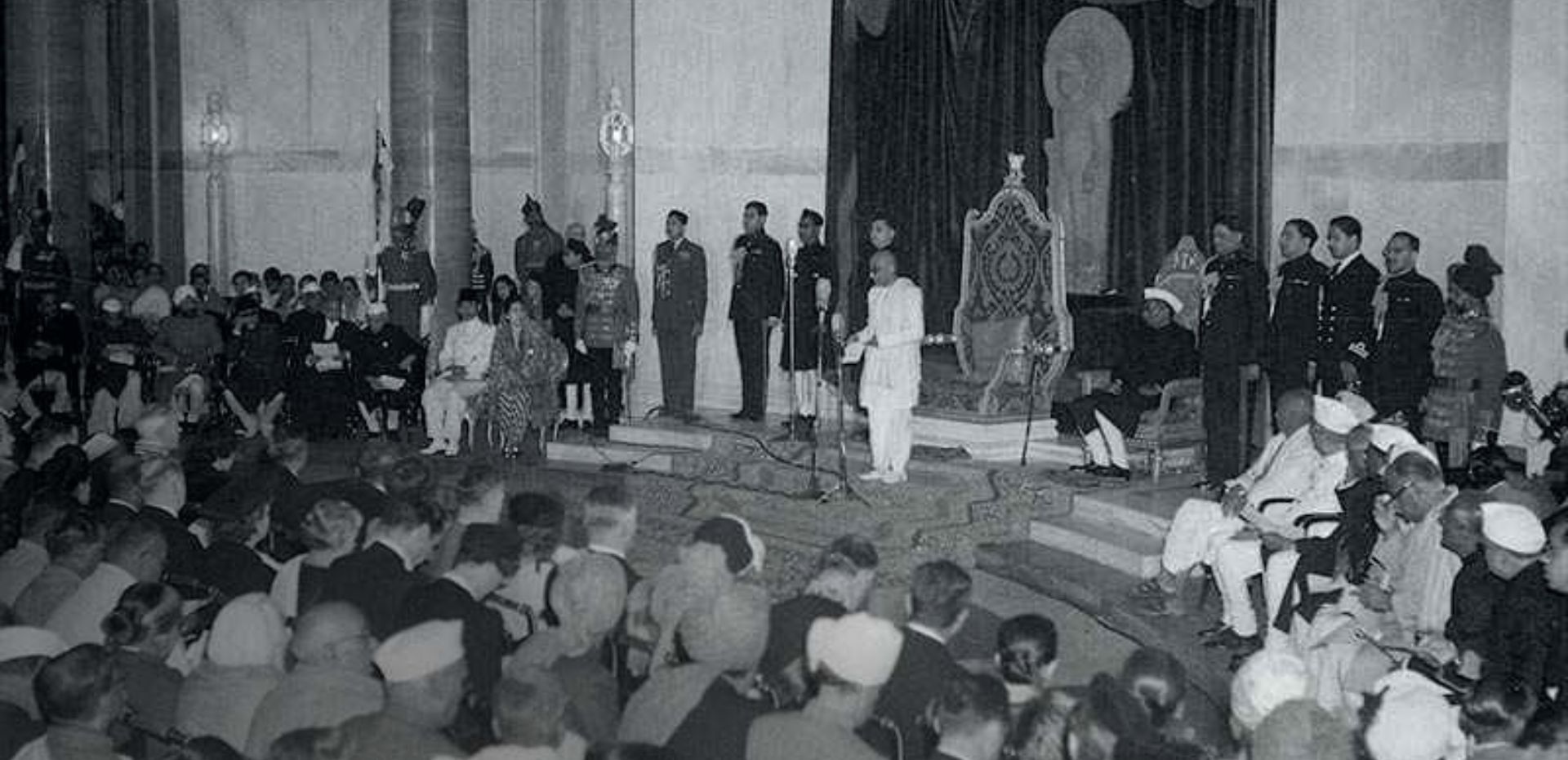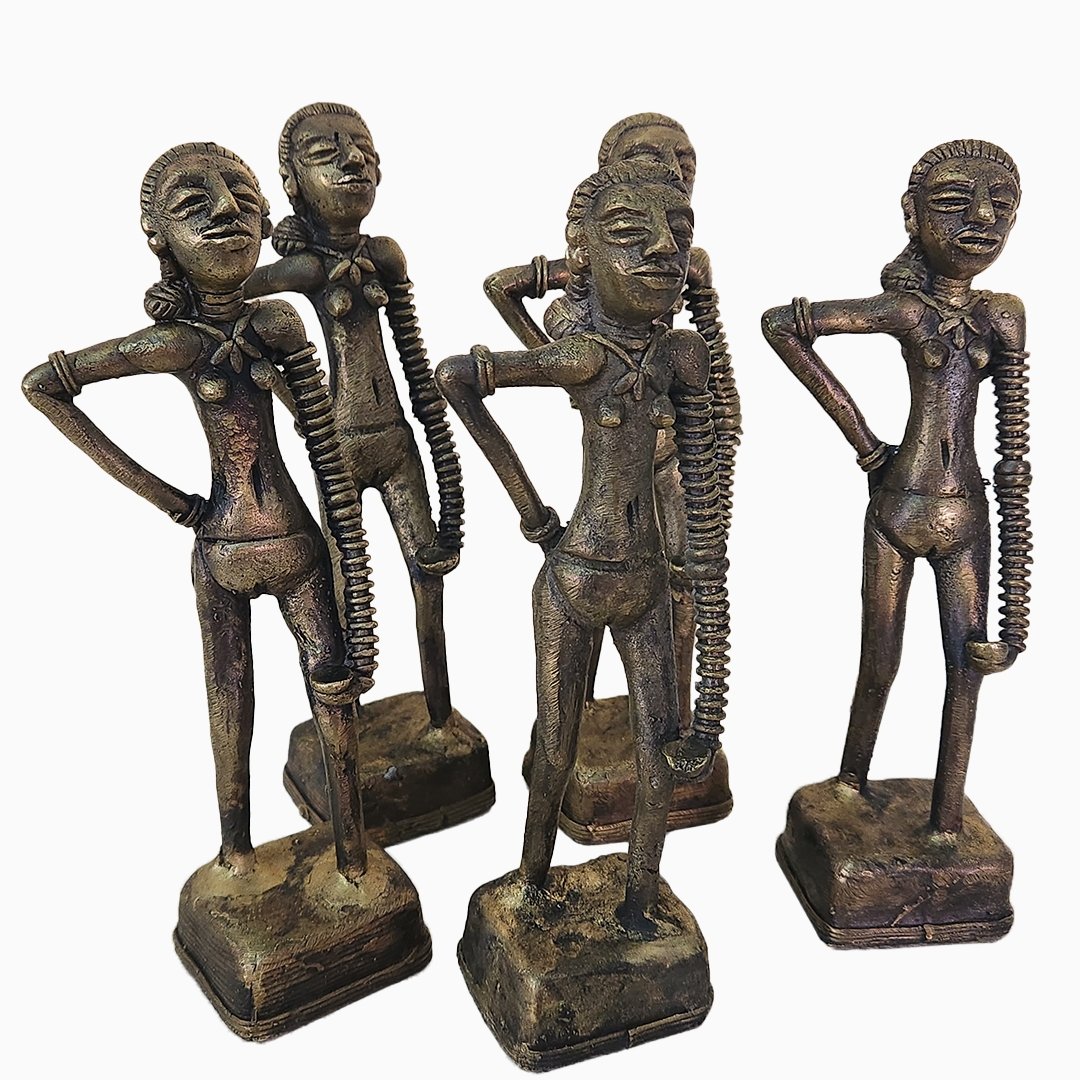V K Rajwade: Stories From The Maharashtra Heartland
BOOKMARK
For a long time, the history of Mumbai was thought to have started with the arrival of the Portuguese in the 16th century CE. This belief was rubbished in 1924, when a noted historian published his version of an old document called Mahikavatichi Bakhar, and presented the history of Mumbai in a whole new light. His name was V K Rajwade (1863 – 1926), a scholar who defied all odds to rediscover the history of not only Mumbai but of Maharashtra.
Vishwanath Kashinath Rajwade, popularly known as ‘Itihasacharya Rajwade’, was a historian, a scholar, a writer, a linguist and a commentator. He is also considered the first to extensively research Maharashtra’s past.
Born in 1863, in Raigad district in Maharashtra, Rajwade graduated from the Deccan College Post-Graduate and Research Institute in Pune in 1890. Here, he was inspired by scholars such as R G Bhandarkar and disappointed that the education system in India under the colonial British discouraged original thinking.
A young Rajwade turned his attention to scholarly pursuits and launched a publication called Bhashantar (meaning ‘translation’), which translated the works of Western thinkers such as Plato and Aristotle as well as Indian scholars and writers. But it was a chance discovery that kindled in him a passion for research into Maharashtra’s history.
Rajwade was told of a trunk containing records in Wai in Satara district, Maharashtra, which had him rushing to the spot. In it he found around 200 documents relating to the Third Battle of Panipat. It was an explosive find and, from there on, Rajwade dedicated his life to sourcing old and authentic records, which he used as the basis of his works on Maharashtra.
Although Rajwade’s contribution to our understanding of the Marathas is invaluable, he wasn’t the first to work on Maratha history. Ironically, one of the earliest and most recognised books on the subject was written by a British army officer, James Grant Duff, titled History of Mahrattas (1826).
But the colonial British believed that Indians did not have historical literature of any real value. Some British scholars who studied Indian history leveraged this erroneous belief to their advantage. This left a deep impact on Rajwade, who made it one of his life’s goals to reconstruct the social and political history of India using authentic sources to displace the colonial view of India’s history.
Going To The Source
...








